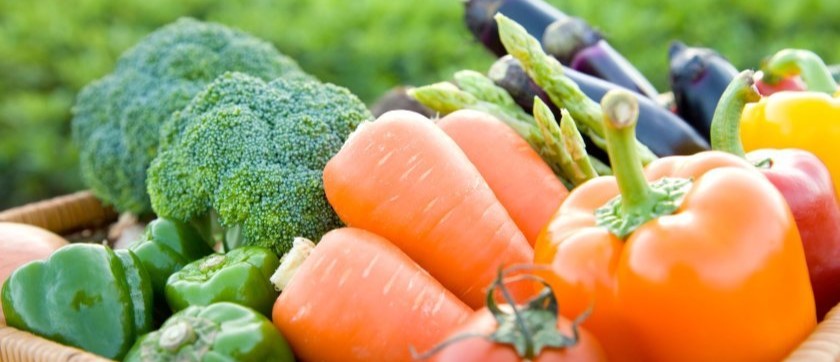
Regional leaders have committed to speeding up the removal of trade barriers that hinder smooth business operations among countries in Eastern and Southern Africa. This decision was made during the COMESA-EAC Horticulture Accelerator (CEHA) workshop held in Nairobi.
Trade Principal Secretary Regina Ombam, represented by Caroline Chore from the Ministry of Industry, emphasized the critical need to identify and tackle non-tariff barriers (NTBs). These barriers, which are regulations or practices complicating cross-border trade, have negatively impacted the horticultural sector, a crucial income source for small farmers, agribusinesses, and exporters.
Industry Principal Secretary Juma Mukhwana highlighted the necessity of a systematic approach to tackle these challenges. Ignoring this could continue to limit trade, reduce productivity, and impede economic growth. The Nairobi meeting convened key stakeholders, including government officials, farmers, and exporters, to discuss significant issues facing the fruit and vegetable industry, especially the inconsistent regulations across countries.
While these checks are important, poor management can lead to serious repercussions, causing lengthy delays that adversely affect farmers dealing with perishable products like avocados, onions, and potatoes. Dr. John Mukuka, head of the Alliance for Commodity Trade in Eastern and Southern Africa (ACTESA), pointed out that hidden trade barriers are causing delays, increasing costs, and reducing farmers’ profits.
Mukuka noted, “Exports among COMESA countries dropped by 11 percent in 2020, with many traders experiencing long waits, sometimes up to 12 days, for documentation and inspections.” Although solutions are documented, real-life challenges continue to hinder trade efficiency.
ACTESA is committed to establishing standardized agricultural inputs, pest management, and food safety regulations across the region to benefit both farmers and consumers. This initiative aims to streamline the sales processes for producers and is expected to be completed within six to twelve months. While many African farmers and exporters are exploring markets like the EU and China, Mukuka suggests focusing on strengthening regional trade first.
Currently, intra-regional agricultural trade is only 10 to 15 percent, compared to over 50 percent in the EU. However, strengthening internal trade could establish a solid foundation for future growth. By creating a unified market through improved customs procedures, we can create new opportunities for farmers and enhance regional competitiveness globally.
